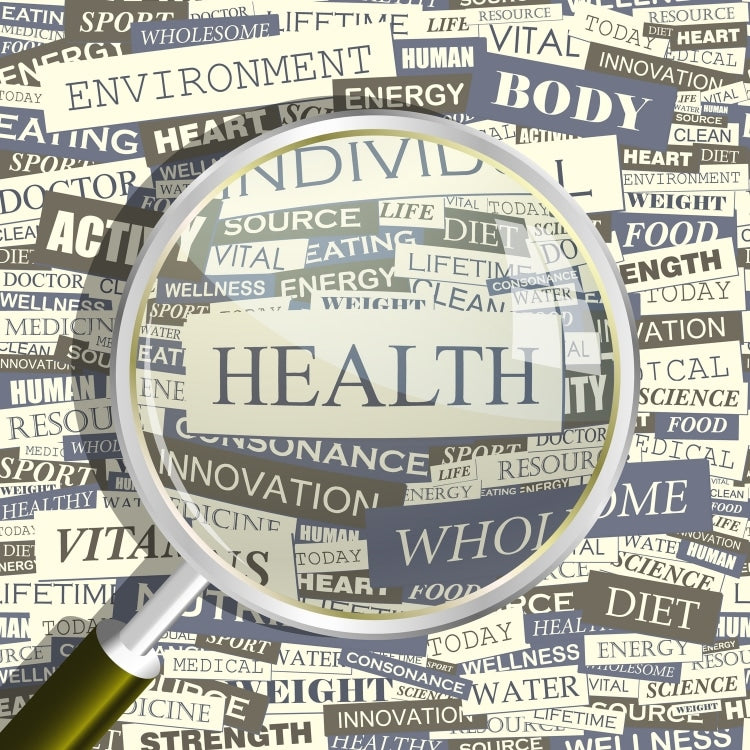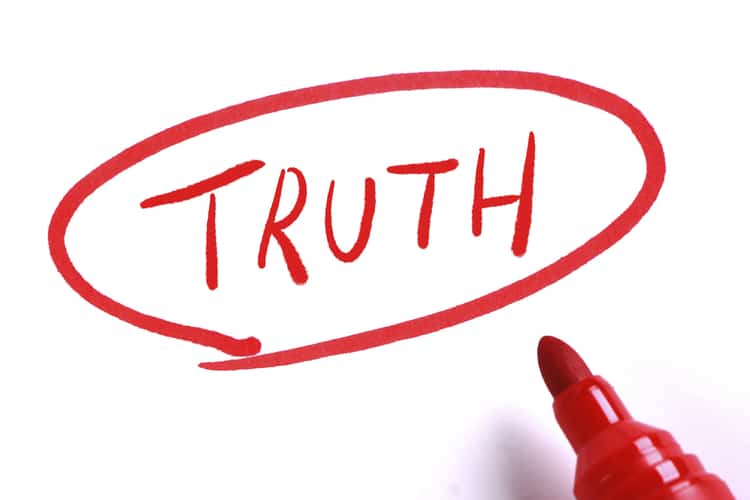
Thyroid Health: How’s Your Weight, Mood, and Energy?
Are you tired, depressed, and fighting “brain fog”? Or are you anxious, sleepless, and feeling weak? Then read on, and see if your symptoms point to a thyroid problem.
Have you had your thyroid checked?
That’s a question more and more women are asking each other. And it’s a great response anytime someone says she’s concerned about unexplained weight gain, tiredness, depression, and a host of other issues.
Amazingly, women are five to 10 times more likely than men to develop thyroid issues. In fact, one in eight women will develop a thyroid condition in her lifetime.
And up to 60% of those with thyroid disease don’t know they have it. Without thinking about the thyroid, we tend to attribute thyroid-related symptoms to other conditions. And this can go on for years, leading to lots of unnecessary suffering.
Fortunately, there’s growing awareness of the thyroid’s critical role in health and its often-overlooked role in sickness.
So just what is the thyroid, and how you can keep yours in optimum condition?
For starters, it’s a small, butterfly-shaped gland just above your Adam’s apple. But though it’s small, it’s powerful. So powerful that it impacts virtually all your other organs—regulating your metabolism, heartbeat, temperature, nervous system, cholesterol levels, menstrual cycles, and much, much more.
It does all this by producing what’s called thyroid hormone (TH). But sometimes things like stress, autoimmune disease, viral infections, toxins, nutritional deficiencies, and even pregnancy can cause your thyroid to start producing too much or too little TH.
Producing too little TH is called hypothyroidism. When you have this condition, you may experience some of these symptoms:
- Fatigue
- Slowed speech or movement
- Sensitivity to cold
- Weight gain
- Depression or sadness
- Poor memory
- Infertility
- High cholesterol
- Goiter (enlarged thyroid)
- Constipation
- Muscle aches, cramps, or weakness
- Irregular or heavier periods
- Dry, scaly skin
- Thin, brittle hair and nails
- Loss of sex drive
The leading cause of hypothyroidism in the United States is an autoimmune disorder called Hashimoto’s thyroiditis (named for the Japanese health care worker who first identified it). With this disorder, the immune system begins attacking the thyroid as if it were a foreign invader.
The most common treatment for hypothyroidism is to take a medicine such as Synthroid or Levothroid to replace the lacking TH. However, I recommend finding a doctor who’s knowledgeable about natural, bioidentical hormones.
On the other hand, your thyroid can also produce too much TH—that’s called hyperthyroidism. With this condition, your metabolism speeds up, and you may experience:
- Nervousness or irritability
- Weight loss
- Mood swings
- Fast or irregular heart rate
- Heat intolerance and increased perspiration
- Changes in appetite
- Difficulty sleeping
- Muscle weakness
- Hand tremors
- Frequent bowel movements
- Changes in menstrual cycle
- Goiter
- Loss of sex drive
The leading cause of hyperthyroidism is an autoimmune disorder called Grave’s disease, and about 30% of those with this disease have symptoms of Grave’s ophthalmopathy, where inflammation leads to swelling around the eyes and possible vision problems.
The most common treatments for hyperthyroidism are anti-thyroid medications, beta-blockers, and radioactive iodine. In severe cases, as a last resort, thyroid surgery is sometimes done to remove some of or even the entire thyroid.
The good news is that there’s a lot you can do to help your body heal from thyroid issues—or avoid getting them in the first place!
Start by adopting an anti-inflammatory, thyroid supporting diet.
That means avoiding gluten, processed foods, caffeine, and refined sugar. Also, if you have an overactive thyroid, be cautious about consuming raw cruciferous vegetables such as broccoli, cabbage, cauliflower, kale, and Brussels sprouts. These veggies, when eaten raw and in large amounts, can block thyroid production. (But note that steaming them seems to negate this problem, and they offer many health benefits. So don’t eliminate them completely.) Unfermented soy seems to have a similar thyroid-blocking effect and should be avoided.
Some people with thyroid problems also benefit from avoiding common allergens such as eggs, nuts, and members of the nightshade family: tomatoes, onions, and eggplant. If you have thyroid issues, inflammation could be involved. And inflammation can be indicative of food allergies. So allergy testing is a good idea.
Make sure you eat plenty of omega-3 fats. And get enough vitamin D (spend 20-30 minutes a day in the sun or take a vitamin D3 supplement).
You might also want to supplement with selenium and vitamin B12. But before beginning any supplementation regime to support your thyroid, consult with a knowledgeable health practitioner.
And then there’s iodine. Iodine deficiency is relatively rare in the U.S., though it’s sometimes seen in women of childbearing age. In other parts of the world, it’s a leading cause of thyroid issues. Both an excess and a shortage of iodine are problematic, so consult with a health practitioner about whether iodine is a concern for you, and if so, what to do about it.
Exercise can also be key to avoiding or treating thyroid issues. Working out helps maintain a healthy weight and keeps metabolism in gear. It also improves, sleep, mood, and energy level—all great gifts to anyone with a thyroid imbalance.
And finally, environmental toxins can interfere with thyroid function. Overexposure to pesticides, heavy metals, household molds, and even chemicals found in hygiene and cleaning products can pose a threat.
The bottom line is, healing or protecting your thyroid requires an integrated approach. You need to consider your nutrition, exercise, and environment. And when imbalance strikes, you need a healthcare provider who can tailor just the right plan for treating your symptoms and addressing the underlying causes.
It’s well worth the effort to understand and care for this multitasking gland that does so much to take care of you!
Keep thinking big and living bold!
-Dr. Kellyann







